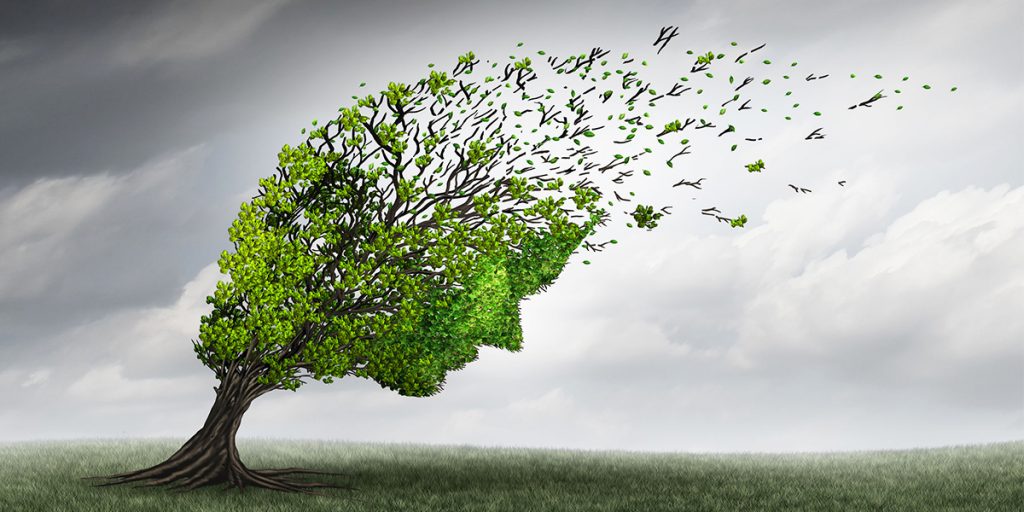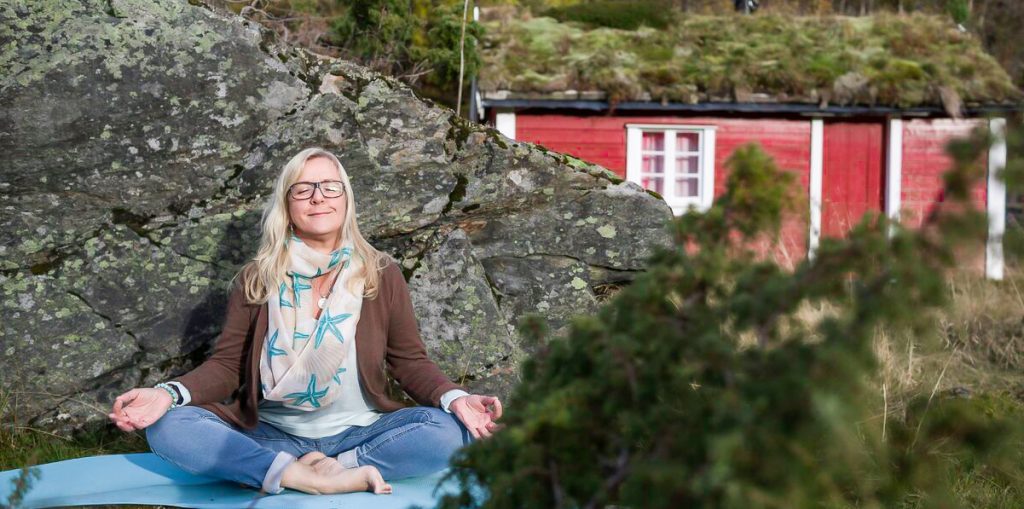5 Tips and Recommendations for You who Suffers from Fatigue Syndrome

Mental illness and fatigue syndrome are rising in the general population and affects more and more younger people as well. An increasing number of people are not sleeping well, has anxiety, experiences fatigue, and can’t even plan for their daily living – or manage easy chores in their everyday life. Today there’s no simple answer to why this is, and there’s no cure to this fatigue syndrome. Here are a few tips of exercises you can do, that has shown a positive effect on fatigue syndrome, insomnia, stress, and anxiety.
- Yoga and Meditation
Your brain is dependent on the circulation in your body to be able to work properly, especially if your brain is healing from illness. Everything going to the brain must pass the spine. It is through movement of your spine, neck, and pelvis that circulation to your brain is formed. MediYoga is a gentle, parasympathetic form of yoga that helps your nervous system, and brain to heal. MediYoga strengthens the adrenal glands and balances your hormones. Start small, like with a few minutes of “spinal flex” a couple of times during the day. To add a meditation will strengthen your concentration ability as well as your mental stamina. Give yourself time to do yoga and meditation, which is a great way to prioritize yourself. Everyday!
Try for free our guided yoga program “The Short Spinal Program” for 2 weeks at MediYoga Play. Designed so that you can have your eyes closed while listening.
- Less Screen time, More Crafts
What we see on the screen is formed to trigger our reward system, and to get us hooked. Our body is like frozen while we see and experience a multitude of feelings and emotions. It feels like 5 minutes has passed when in fact you’ve been sitting for 30 minutes, since our time perception is affected when our body isn’t involved. Studies shows that circulation and movement is essential for healing from fatigue syndrome. Our genetic design is processing stress by physical activity, which is not present when you sit in front of a screen. It creates stress in your whole body, especially in your brain. A triggered reward system is more likely to make you feel anxious and unfocused when doing other things, creating split vision. Your brain benefits from working with your hands, and your concentration span increases as well. Working with your hands can be painting, coloring, drawing, do embroidery, crocheting, knitting, or handwriting. Maybe it’s time to take up writing letters by hand again? What’s on your screen is not more important than your health. Time to log out?
- Breathe In, Breathe Out – Slowly
To breathe in a conscious way reduces stress and increases the circulation in your whole body. Normal beathing in rest, according to reference books, are 12-16 breathes per minute, and if you are under stress your breath can be up to 30 breaths per minute. When you lower your breath rate you are sending signals to your whole body that everything is calm, which creates a deep relaxation in both your body and mind. Long, deep breaths increase’s your lung capacity, strengthens your lungs and diaphragm. Deep breathing with your diaphragm is a powerful anxiety reducing technique that activates your body’s own relaxation response. Both body and mind will benefit from a few minutes of long, deep breathing. Try it!
Do like this:
Lay on your back or sit relaxed with your back straight.
Inhale slowly through your nose.
Let your abdomen relax so that it can expand when you inhale, allowing your chest to expand as well. Pause briefly and let your body exhale through your nose in its own pace. The exhalation is automatic when you relax. To help your lungs empty out completely, gently pull your stomach in. This way you are preparing your body for the next breath. After you have exhaled completely, wait for your body to tell you when it is time to take the next beath. Then slowly take a new long, deep breath in through your nose. Do a brief “mini pause”, exhale, pause, and continue in this way. Laying down doing long deep breaths can be easier than sitting up, since the muscles in your back and abdomen are involved in your breathing. Continue for 5-10 minutes.
Try being guided for free in ”Long Deep Breathing” for 2 weeks at MediYoga Play. Designed so that you can have your eyes closed while listening.
- Fresh Air and Daylight
To take a walk affects the circulation of the spinal fluids, which strengthens our brain and increases the circulatory system in our body. To be outdoors is according to multiple scientific studies both healing and vitalizing for us. We heal a lot faster if we are outdoors in daylight for at least an hour a day. Get out, leave the phone at home, and bring your curiosity out to a bench in the park or for a walk. Even if it’s raining, which is an experience per se. Just be properly dressed for the occasion. Torbjörn Åkerstedt, a well-known, Swedish sleep researcher and professor in behavioral physiology at Karolinska Institutet, and at the University of Stockholm, Sweden explains why daylight has such an impact on us.
“Daylight has a direct constructive effect on our central nervous system. It affects multiple areas in our brain. The light increases the metabolism which is revving our brain up to make it more active, making us feel more alert and happier”.
So, get dressed, open the door, and get outdoors!
- Rest
Relaxation and rest are needed for our recovery and for getting out of our “wired but tired” mood when you’re sleepy but still cannot go to sleep. To watch TV, a computer screen, or your phone is not to rest even if you’re laying down on the coach. On the contrary it creates stress in your brain. It can be restful doing gardening, reading a book, to contemplate over a cup of hot beverage, to take a bath, or lay a puzzle, etc. To rest is when you do something that you desire in your own pace, when you’re “in the moment”, given that you’re in a peaceful environment, body and mind can slow down. So, find your way to rest repeatedly during the day.
Try being guided for free in ”Relaxation” or “Long Deep Breathing”, or “Tranquility” for 2 weeks at MediYoga Play. Designed so that you can have your eyes closed while listening.



